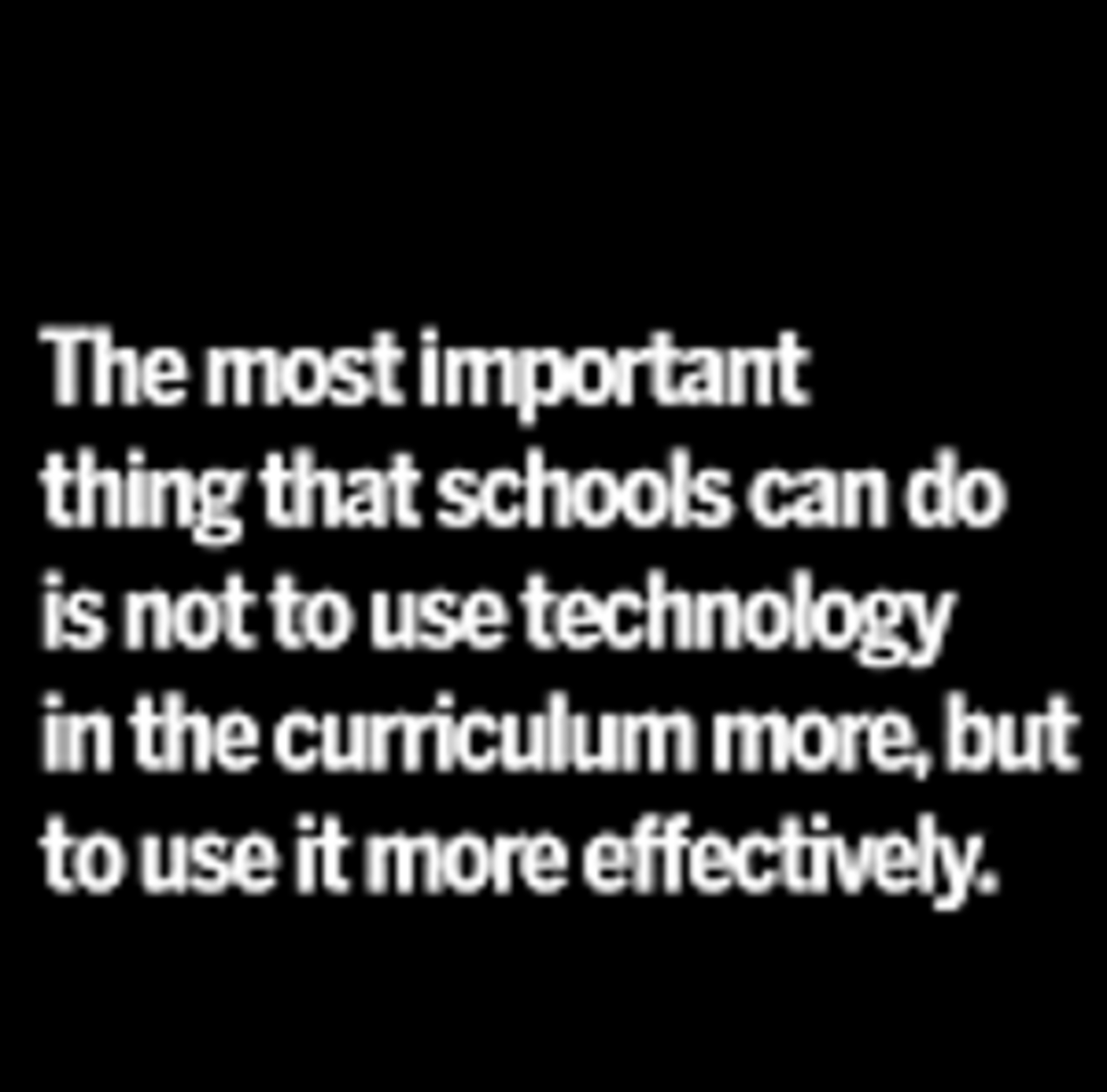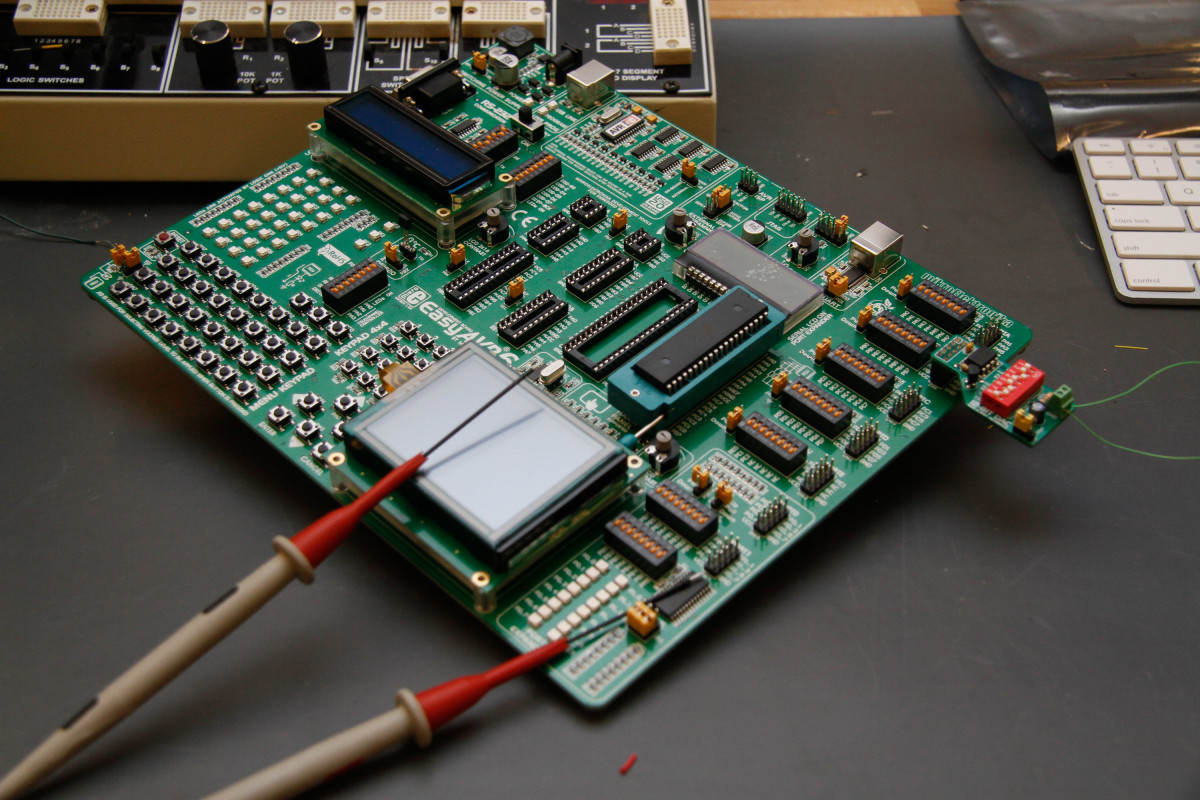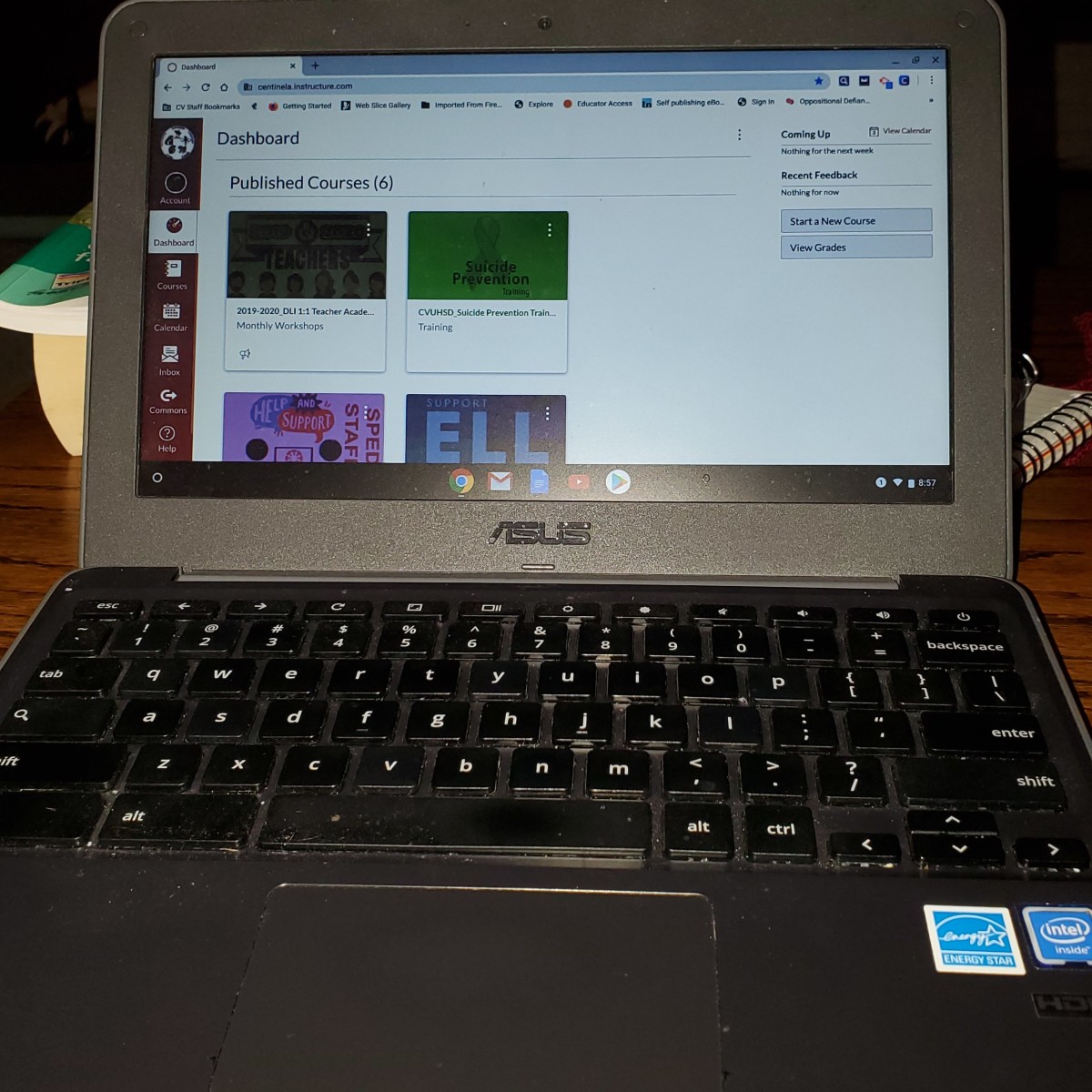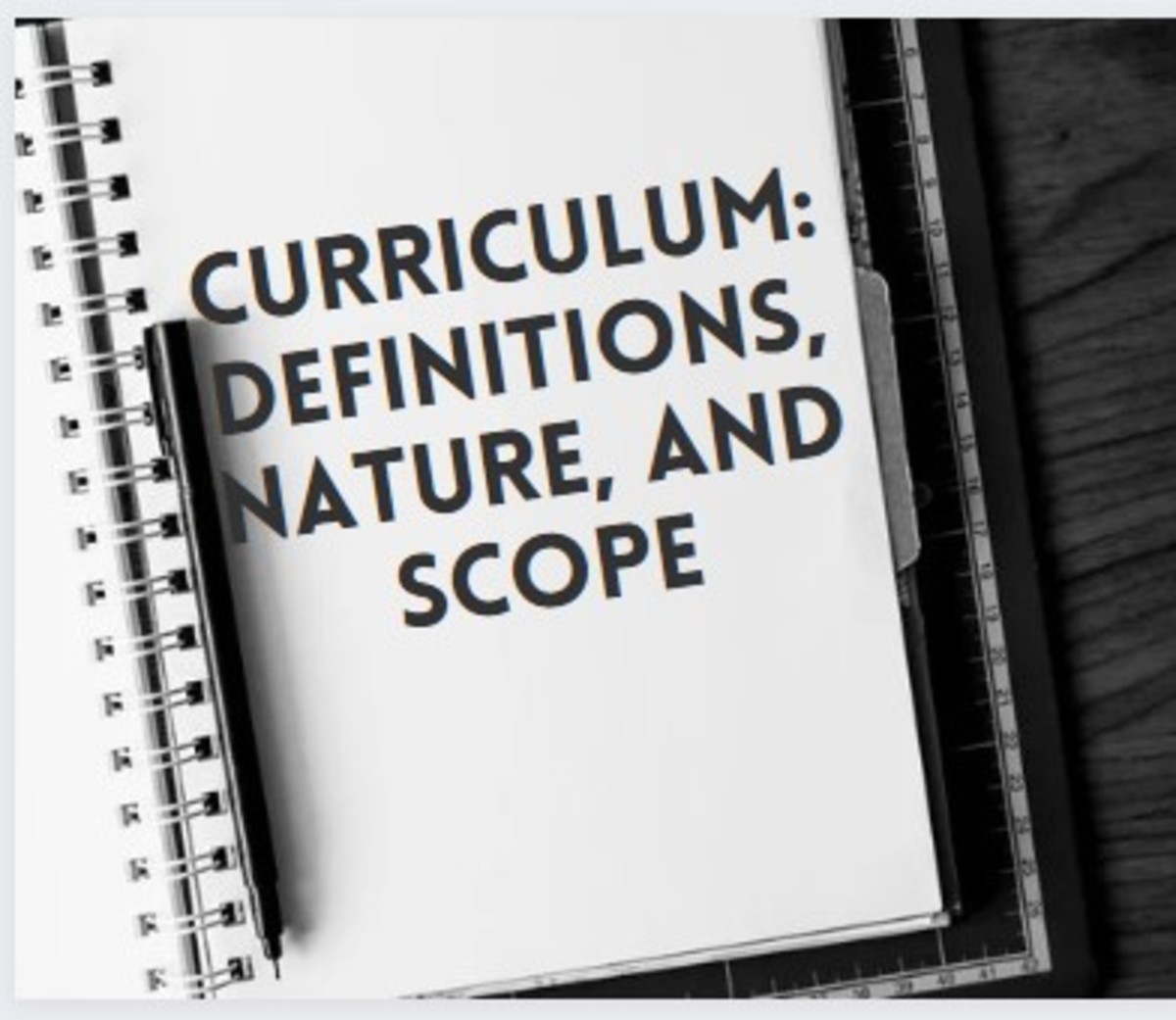The pros and cons of using technology in the classroom
How much of computers is good?
I happened to come across this question by a hubber, "Should the elementary school students do all of their work on a computer?" Being an educator this question kept sweeping my minds for a while now and mentally I was weighing the pros and cons of using technology in education and how far should we recommend the use of technology and where should we draw a line.
In my opinion, the direct answer to this question is 'No' and to my pleasant surprise, hubbers from all over the world share similar views. In this hub I will try to highlight the need of technology in education, which is inevitable in today's world but also touch upon the dark side of using 'too much' of technology.

Question from the hubber
- Do you think elementary school students should do all of their work on a computer?
Listing of the answers to the question: Do you think elementary school students should do all of their work on a computer?
Growing importance of using ICT in education
Information and communication technology (ICT) is gradually taking an important place in education, whether in the elementary, middle and high school or in the higher education sector. Many moderate to high-budgeted schools have already started smart classrooms for all age group. In the International Baccalaureate (IB) programme the curricula in the primary years programme (PYP), middle years programme (MYP) and diploma programme (DP) are designed such that ICT forms an essential component of teaching and learning, both in terms of content and assessment. To keep up with the digital demands of the 21st century, even the national curricula and the state curricula have started incorporating the usage of ICT across the subjects.

ICT as a tool for developing higher-order thinking
Since children of this generation are naturally adept in using technology, they enjoy learning and doing their homework on computers. The schools give them enough opportunities to learn using multimedia, to carry out research activities using wikis and search engines; students start writing their blogs on topics of their interest, they are asked to maintain online journals and all these Web 2.0 tools are besides using Microsoft Office tools such as word processor, graphing tools, powerpoint presentations, digital posters etc. which have become routine for most students.
All of these and more advanced technology do address the idea of developing higher-order thinking skills in students of all age group. Technology and the easy access to the vast information on the cyber space no longer restrict students to rote learn the content from textbooks, write answers from the exercises or solve problems only given in the textbooks. The students are rather being encouraged to dig out useful information, analyse the patterns from the collected data, evaluate the authenticity of the information by questioning and debating, synthesise new ideas from judicious assortment of existing ideas - all of which enhance higher-order thinking skills.
So using computers and internet has undoubtedly taken education to the next higher level where teachers are more like facilitators and students are supposed to grow self-learning attitude. But the question lies:
How far can technology take over the place of the conventional pedagogical tools, such as chalk and blackboard, whiteboard, hands-on projects, laboratory experiments, reading texts and other resources in print media, listening and absorbing the lectures to name a few?
Is using computers self-sufficient in developing a wide spectrum of skills which are requisite in today's learners?
Though technology leads us to an attractive virtual world, lessons delivered through smartboards are enjoyable and interactive, let us go beyond this rose-tainted picture and peek into the dark side of using computers in our daily lives.


The dark side of using full fledged technology in education
- Using smart classrooms as opposed to chalk/blackboard or marker/whiteboard:
Students who spend the whole day (5-6 hours) in front of the smart boards, get exposed to the radiations of the smartboard screen display for long hours, which in turn warms up the room and eventually has negative impact on the brain, impeding effective learning. Children are reported to become restless and tired by the end of the day, which takes away joy from learning. Also teachers across the subjects are under pressure from the school management that the smartboards should be used to the maximum, hence all subject teachers make some effort to teach using multimedia and too much of technology reduces students' uptake.
- Minimal human interaction:
Students who are given home assignments to be done on computers hardly get time to play or discuss ideas with other children of their age group. Also in school, if their learning of different subjects is dependent on technology as opposed to having discussions, debate, presentations, their communication with other human beings gets impaired. They fall short of social skills, they often don't learn to choose the right and respectful words, they tend to become too materialistic and dwell in a virtual world, which becomes detrimental in the wholesome personality development in the long run.
- Students deter from listening:
Using too much of technology impacts on the listening skills of students negatively. As they interact more with the screen, computers and other electronic gadgets, the habit of listening carefully to instructions, discussions etc. auditory resources and the responses to these verbal stimuli gradually becomes slow. Listening also triggers thinking or analysing what is heard in one's head, so even thinking slows down. So although we think we can empower our students' higher-order thinking skills using technology, we definitely need to use it in a contro;ed manner so as not to tire the brain or using computers will become like mindlessly watching TV.
- Reading and writing take a backseat:
The two most basic and essential skills which students need to imbibe in their pursuit of excellence in life: reading and writing often take a backseat as students type out their essays and assignments and even if they read on screen, it's more of browsing than reading. As high-stakes examinations and assessments still demand writing clear answers, reasoning with appropriate expression, using apt subject-specific language, reading and writing will never have any substitute. Also using muscles of the hand while taking notes, making mind maps, drawing diagrams etc. gets translated to the brain and that enhances retention power and hence better internalisation of concepts.
Our role as educators and parents
To sum up, today's parents and educators must definitely encourage the use of technology to create digitally smart kids. However keeping the above points in mind, they should explain the ill effects of 'too much' use of computers to their children and often engage them in other activities like hands-on projects, experiments using real things, discussion and board games with other children, creative writing, reading a wide range of books, making them feel about the importance of authors, importance of pathbreaking discoveries and discoverers etc.
Technology is essential but being overly dependent on technology will not only impact health (brain, eyes) but even impede thinking and personality development of young kids.
In a nutshell we should adopt computers as tools to facilitate learning but at the same time not overlook the benefits of traditional pedagogical tools and surely not replace them with all-technology.
Whether you agree with me or not, I would love to hear from you, please leave your thoughts below.







